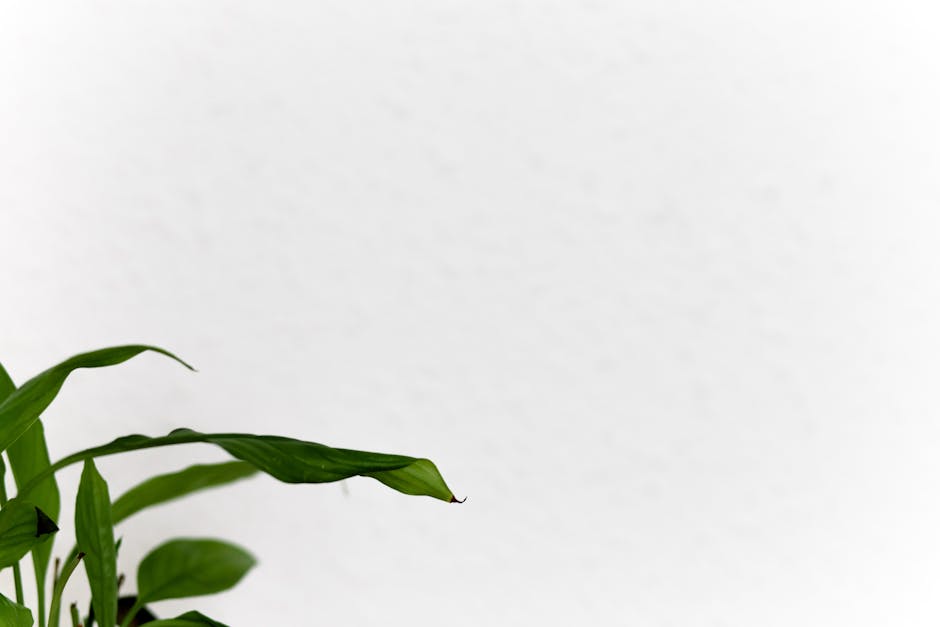Foraging Fun: Exploring the Outdoors
Foraging is a timeless activity that has been practiced by humans for centuries. It involves searching for and gathering wild food resources that are naturally available in the environment. In recent years, foraging has seen a resurgence in popularity, thanks in part to the increasing interest in homesteading, blogging, and living a more sustainable and self-sufficient lifestyle. Foraging is not only a fun and rewarding way to connect with nature, but it can also be a great way to save money and live a more frugal life.
Homesteading and foraging often go hand in hand, as many homesteaders rely on foraged foods to supplement their diets. Foraging can provide a source of fresh, organic produce that is free of charge and readily available in the wild. By incorporating foraged foods into their meals, homesteaders can reduce their grocery bills and live a more self-reliant lifestyle. Foraging also allows homesteaders to connect with the land and learn more about the natural world around them.
Blogging has played a significant role in popularizing foraging and sharing information about wild edibles. Many bloggers who are passionate about foraging share their experiences, tips, and recipes online, making it easier for beginners to get started. By documenting their foraging adventures through blogs and social media, these bloggers help to educate and inspire others to explore the outdoors and discover the abundance of wild foods that are available in their local environment.
One of the main appeals of foraging is that it is a cheap and accessible way to source nutritious foods. Foraging requires little to no financial investment, as all you need is a basic knowledge of wild edibles and a willingness to explore the outdoors. By foraging for wild foods, you can reduce your reliance on store-bought produce and enjoy the satisfaction of harvesting your own food from nature. Foraging is also a great way to diversify your diet and try new and unique flavors that you may not find in the supermarket.
When foraging, it’s important to do your research and familiarize yourself with the local flora and fauna. Not all wild plants are safe to eat, and some may be toxic or cause allergic reactions. Make sure to consult a reliable field guide or foraging expert to help you identify edible plants and avoid any potential dangers. It’s also important to forage responsibly and sustainably, taking only what you need and leaving enough resources for wildlife and future foragers.
Foraging can be a fun and rewarding activity for people of all ages and backgrounds. Whether you’re a seasoned homesteader looking to expand your culinary horizons or a beginner blogger eager to share your foraging adventures with the world, exploring the outdoors and discovering the abundance of wild foods that nature has to offer is a truly enriching experience. So grab a basket, put on your walking shoes, and head out into the wilderness to enjoy the foraging fun that awaits you.





